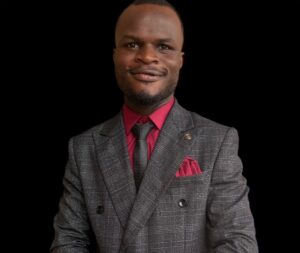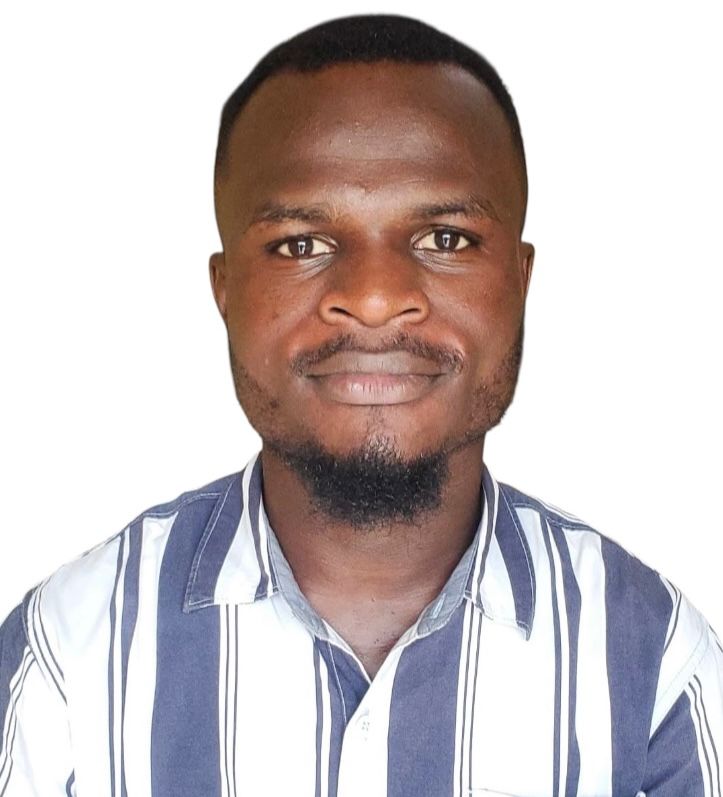Ajiboye Olusola Jesufemi — From Abeokuta Streets to Lagos Stages
In the vibrant pulse of Nigeria’s creative scene, one name continues to echo with rhythm and grace. He is Ajiboye Olusola Jesufemi. Born in Ogbomoso, raised in Abeokuta, and now a force in Lagos, Jesufemi has carved a niche as a dancer and choreographer whose work speaks louder than words. We sat down with him to explore his journey, challenges, and the milestones that define his artistry.
Q: Let’s start from the beginning. What was growing up in Abeokuta like for you?
A: Abeokuta was my playground and my classroom. I grew up in a modest neighborhood where music and movement were part of everyday life. We didn’t have dance studios, but we had the streets, church gatherings, and school events. That’s where I first discovered rhythm — not just in music, but in life.
Q: When did dance become more than just a hobby?
A: It was during my late teens. I had moved to Lagos for school and was exposed to the energy of the city — the concerts, the underground battles, the creative collectives. I joined a dance crew, and that changed everything. I realized dance could be a career, not just a pastime.
Q: What were some of the early challenges you faced?
A: Plenty. First, convincing my family that dance wasn’t just a phase, then, navigating Lagos without connections was equally thought. I performed for free at events just to be seen. There were times I couldn’t afford transport to rehearsals. But I kept showing up. That consistency opened doors.
Q: You’ve worked with several brands and creatives. Can you share some standout collaborations?
A: Definitely, Working with brands like MTN and Pepsi on commercial campaigns was huge. I’ve choreographed for music videos featuring artists like Fireboy DML and Ayra Starr. One of my proudest moments was leading the choreography for a stage production at Terra Kulture — blending traditional Yoruba dance with contemporary movement.

Q: What do you consider your biggest achievement so far?
A: Building a name that stands for quality and originality. I’ve mentored younger dancers, led workshops across Nigeria, and even represented the country at a dance residency in South Africa. Seeing my work inspire others — that’s the real win.
Q: How do you stay inspired in such a competitive industry?
A: I stay curious. I study global trends but stay rooted in African movement. I collaborate across disciplines — fashion, theatre, even tech. Lagos is a melting pot, and I draw from its chaos and creativity.
Q: What’s next for Ajiboye Olusola Jesufemi?
A: I’m working on a dance documentary that tells the story of street dancers in Nigeria. I also plan to open a movement studio that’s accessible to kids from underserved communities. Dance gave me a voice — now I want to amplify others.
Q: Final thoughts?
A: Well let me say, dance is more than steps — it’s storytelling, healing, resistance. I’m grateful for the journey and excited for what’s ahead. To every young dancer out there: your rhythm matters. Keep moving it.
Closing Note
Ajiboye Olusola Jesufemi is not just dancing — he’s defining a movement. From humble beginnings to national stages, his story is a testament to grit, grace, and the power of creative expression

